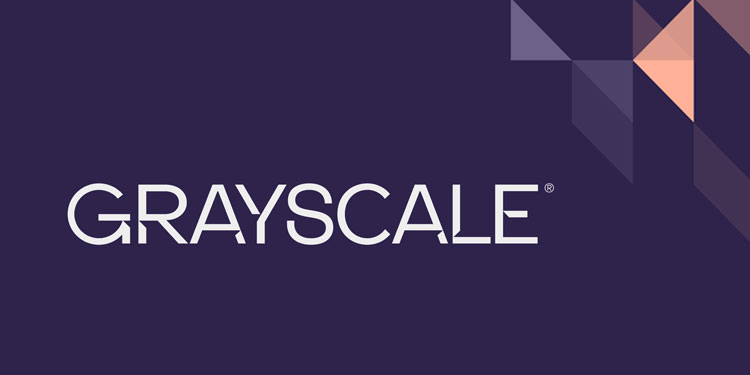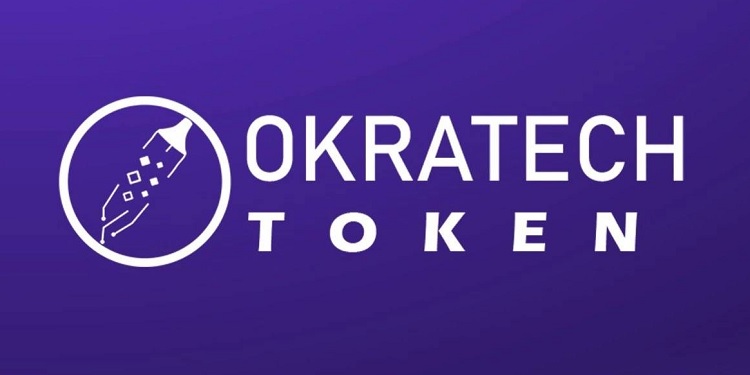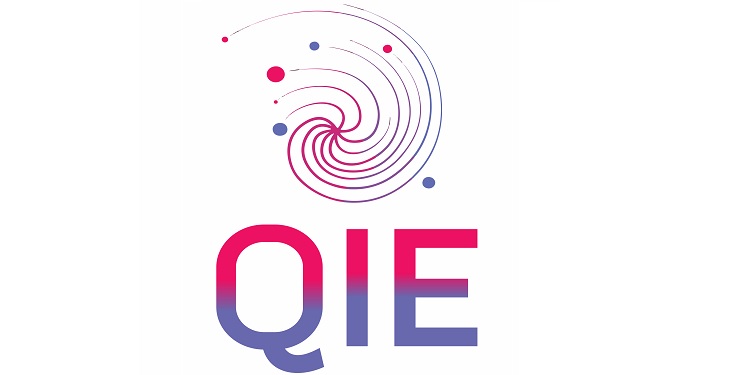Parti Keadilan Rakyat (PKR) has become the first political party in Malaysia to integrate blockchain technology into its electronic voting system, aiming to enhance transparency and ensure the integrity of its internal election process. The initiative is set to be implemented at both division and national levels, reinforcing the security and reliability of the voting mechanism.
The party’s secretary-general, Fuziah Salleh, has outlined that the introduction of blockchain technology is accompanied by a two-step verification process to prevent tampering and unauthorized votes. The first phase involves an electronic Know Your Customer (eKYC) verification system, which confirms the identity of party members before they register for e-voting. Once verified, the second step ensures that each registered voter receives a unique, encrypted ID for the actual voting process, eliminating the possibility of duplication or fraud.
By integrating blockchain technology into its electoral framework, PKR aims to uphold the integrity of its internal elections, providing party members with a secure and verifiable method of casting their votes. These measures are designed to guarantee free and fair elections while preventing manipulation of results.
Election Schedule and Leadership Terms
PKR has scheduled its division and central committee leadership elections to take place in April and May. The election process will begin at the division level, where committee members, as well as leaders for the women’s and youth wings, will be elected between April 11 and April 20. The nomination period for these positions is set for March 14 to March 16.
At the national level, the election for the central leadership committee, along with the women’s and youth wing leaders, will be conducted on May 24. Nominations for these positions are scheduled to take place on May 3 and May 4.
The current leadership, which has been in office since May 29, 2022, will complete its term before the newly elected officials take over. Those elected in the upcoming internal elections will serve for a three-year term, extending their tenure until 2028.
By integrating blockchain technology into its voting process, PKR is taking a significant step toward modernizing electoral systems in Malaysia. This move not only enhances security but also sets a precedent for other political entities considering the adoption of technology to improve transparency and trust in their internal democratic processes.









